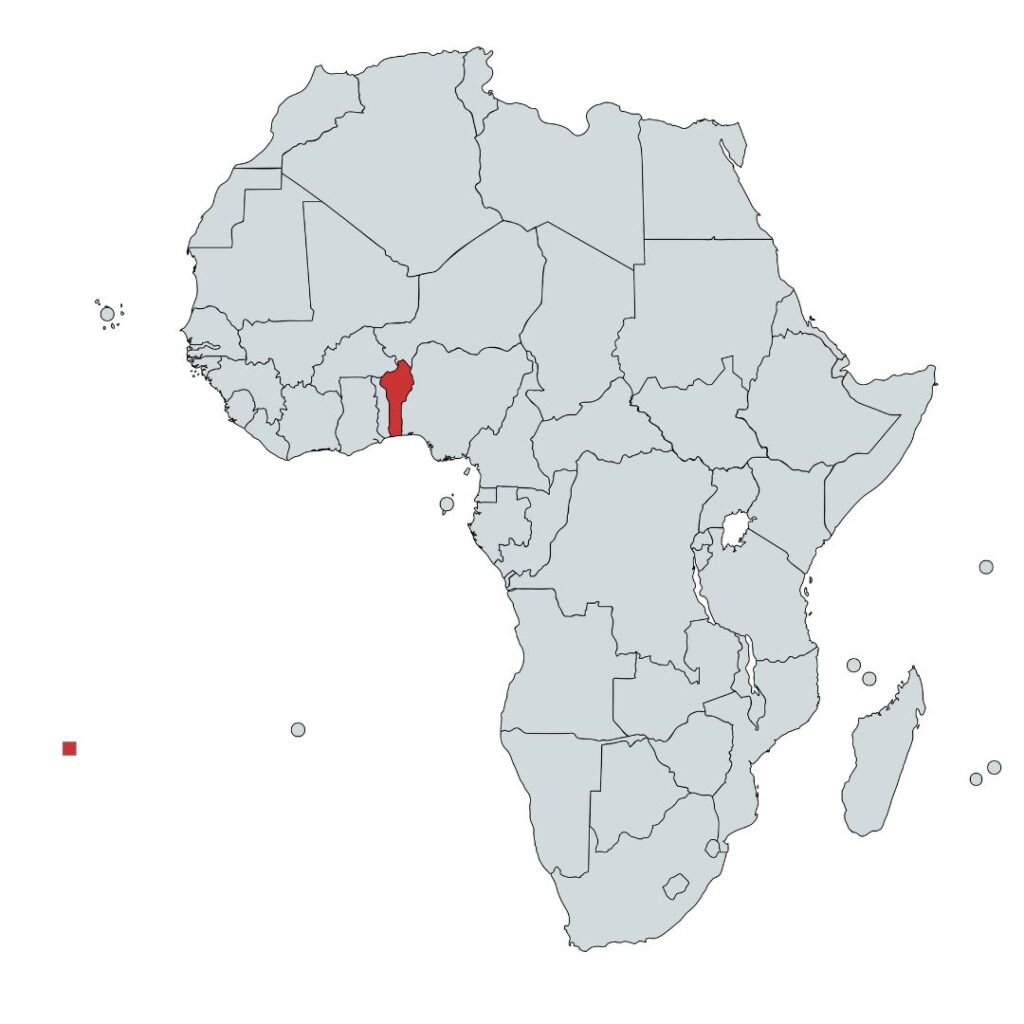Benin
What is Benin BESC ?
The BESC acronym stands for “Bordereau Electronique de Suivi des Corgaisons,” which translates to “Electronic Cargo Tracking Note” in English. The ECTN name is self-explanatory as it provides electronic tracking of cargo from loading to discharge and even before shipment arrival at the port.
The certificate contains essential information about the exporter, importer, quantity and value of goods, and the name of the vessel, among others.
Its primary purpose is to enable authorities to track, manage, and supervise cargo effectively.

Requirements
To apply for the Benin BESC certificate, you need to provide the following documents:
Scanned copy of Bill of Lading: This document contains details about the exporter, importer, weight of goods, shipping line, vessel name, and other important information.
Scanned copy of Commercial Invoice: This document contains information about the goods, freight cost, incoterm, and any other charges related to the shipment.
- Shipping Invoice (if applicable): This is required only if the freight costs are not mentioned in the commercial invoice.
How to Obtain CNCA OR ARCCLA
- Send email soft copies of the necessary documents (which have been mentioned after this section).
- You will be presented with a draft BSC document to review and make changes if needed.
- After the draft is approved, the validated BSC will be sent to you in 1-2 working days.
F.A.Q.
The Benin BESC, also known as the Electronic Cargo Tracking Note, is a mandatory document required for all shipments entering Benin. It serves to ensure security, track cargo movements, and facilitate customs clearance processes. The BESC is aimed at enhancing transparency and compliance with Benin’s import regulations.
Any individual or entity involved in importing goods into Benin is required to obtain the BESC. This includes exporters, freight forwarders, clearing agents, and shipping companies responsible for transporting cargo to Benin’s ports.
To obtain the Benin BESC, shippers typically need to provide essential documents such as the commercial invoice, bill of lading, packing list, and freight invoice. Additionally, they may need to submit other documents depending on the nature of the cargo and specific requirements set forth by Beninese authorities.
The validity period of the Benin BESC varies depending on the terms set by Beninese authorities. Typically, the BESC remains valid for a specific period, such as 30, 60, or 90 days, from the date of issuance. It is crucial to ensure that the BESC remains valid throughout the transit period and until the cargo is cleared at the destination port.
Failure to obtain or present a valid Benin BESC can result in delays, fines, or even refusal of entry for the cargo at Benin’s ports. It is essential to ensure compliance with all regulatory requirements and obtain the necessary certificates in a timely manner to avoid such consequences.
